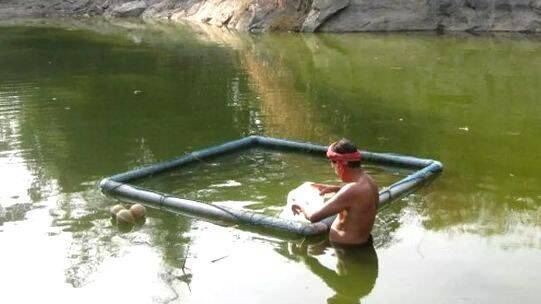

THIRUVANANTHAPURAM: Health Minister Veena George called for attention to the rising cases of amoebic meningoencephalitis (amoebic brain fever) in Thiruvananthapuram. People who used to take their bovines to bathe in algae-filled ponds should take special precautions.
Do not bathe or wash your face in contaminated water. Those who bathe in such pools should seek treatment if they experience symptoms such as severe headache, fever, nausea, vomiting, and difficulty in turning the neck. A technical guideline on prevention, diagnosis and treatment of amoebic meningoencephalitis was recently released for the first time in the country.
The State Level Rapid Response Team (RRT) chaired a meeting to assess the general situation in the wake of Wayanad Landslides and the sudden spread of Amoebic Encephalitis. In addition to the person who died in Thiruvananthapuram, amoebic encephalitis has been confirmed in three more 3 more people, now undergoing treatment at Thiruvananthapuram Medical College.
Amoebic meningoencephalitis is a rare disease commonly seen in people bathing in algae-filled ponds and streams. Amoeba proliferates and becomes more common during summer when the water level plummets. When the amoeba enters the water, it mixes with the sediment in the bottom and enters the body through the nose. Symptoms will appear in the body within nine days after coming in contact with the water.
Swimming pools in water theme parks should be properly chlorinated to ensure cleanliness. Do not pour or swish water into the nose. Use nasal clips to keep water out of the nose. People unknowingly taking baths in such contaminated waters should mandatorily take doxycycline tablets as directed by health workers.